7 Principles of Ethical Storytelling
Ethical storytelling is the practice of honoring ourselves and others when sharing narratives. It is the practice of recognizing that stories are beautiful, powerful representations of self and that no one has just a single story. We contain multitudes.
We each have our own experiences, narratives, and complexity. We are all storytellers. Whether we realize it or not, we all share stories with our families, lovers, friends, strangers—we share pieces of our puzzle with different people. And we all have a right to decide how and when our stories are shared. '
At OCV, we follow these ethical storytelling principles and we encourage you to do the same:
1) We each own our own story.
Ethical storytelling prioritizes the storyteller (i.e., the person whose story is being told). Many organizations use stories to further their missions, but ethical storytelling will prioritize the storyteller’s need before their own. The storyteller must be at the center of the process and published work. The storyteller should decide whether or not and how their own story is shared.
2) Learn to release power.
When employing storytelling, it is vital to honor enthusiastic consent as a living and ongoing process. This means releasing power and following the needs and desires of whoever is sharing their story. Sometimes this looks like not sharing a story at all. Sometimes this looks like leaving out parts of a story that we loved because they not longer resonate with the storyteller themself or they don't feel safe to share publicly. Sometimes this looks like taking down a story you previously shared because it no longer feels generative to the storyteller to have their story out there. The key here is getting comfortable releasing our own power when sharing the stories of others.
3) Be aware of positionality and power dynamics of storyteller and listener.
Sharing a story can be a vulnerable experience, and it’s the listener’s job to hold space for that person and the moment. There’s a power and privilege in hearing someone’s personal and sacred story, and this should be acknowledged. It is also important to continually ask, ‘How do my personal, professional, or intellectual positionalities (identities, values, experiences, and perspectives) impact this storytelling process?’ We recognize that it’s impossible to completely dismantle power and privilege. Working towards these goals, however, creates a space where storytelling sovereignty is honored and upheld as much as possible.
4) Informed and enthusiastic consent.
Ethical storytelling means that each storyteller enthusiastically consents to the way that their story is compiled and portrayed – every single time it is shared (including articles, social media posts, graphics, etc). As an organization sharing people’s sacred stories, we check in every step of the way to ensure that we continue to honor exactly how each storyteller wants their own lived experience to be shared. This includes the right to withdraw at any time – we can change our minds.
5) Do no harm.
Listening to a sacred story requires understanding trauma-informed work, supporting control, choice, boundaries, and autonomy. This requires creating space and permission for people to reschedule, take breaks, or end a conversation if needed, without questions or push back.We also want to think of this in terms of the storyteller’s emotional safety, for example, because telling a story can be an extremely vulnerable situation. It can bring up past traumas or hardships, particularly when we are discussing climate-related trauma.
6) Ask the questions.
What do you feel empowered to share? How do you want to craft your own narrative? Just because something is shared in a conversation between two people (a storyteller and someone on our team) who have built a relationship, doesn’t mean that a storyteller would want it to be published to a wider audience.
7) Share your own stories.
We must not only to honor the sovereignty of another’s story, but honor our own sovereignty as well. We do not have to share everything, we cannot share everything. In the age of vulnerability being encouraged online (which, we think, is largely a good thing!), it is important to stop and check in with ourselves before we share.
Why am I sharing? What do I really want to share? Am I doing this for me or someone else? Does what I’m sharing feel affirming and life giving?
We are inspired by, learning from, and impressed with the storytelling work and integrity of Ethical Storytelling and Brown Environmentalist’s Storytelling Sovereignty Principles.
We encourage you to check out their work.
